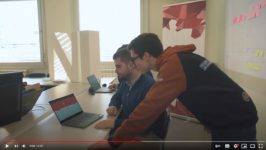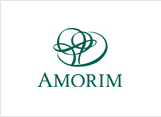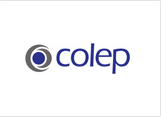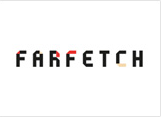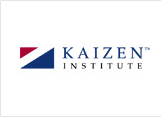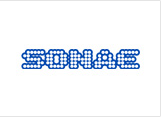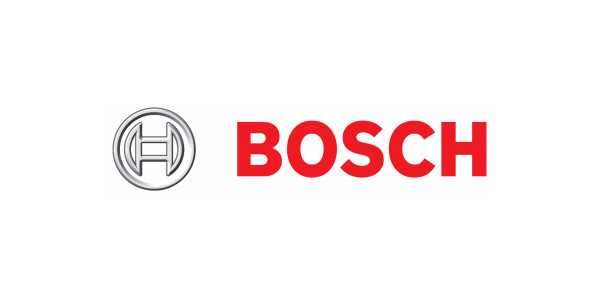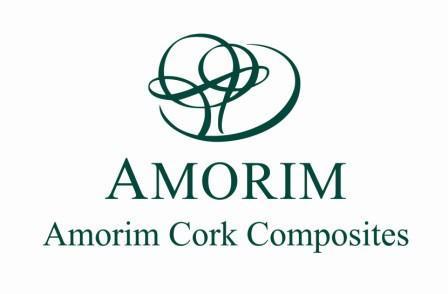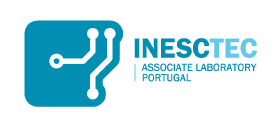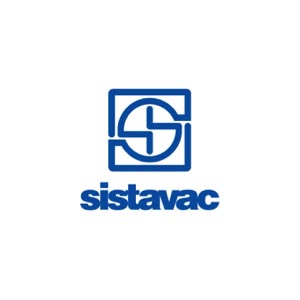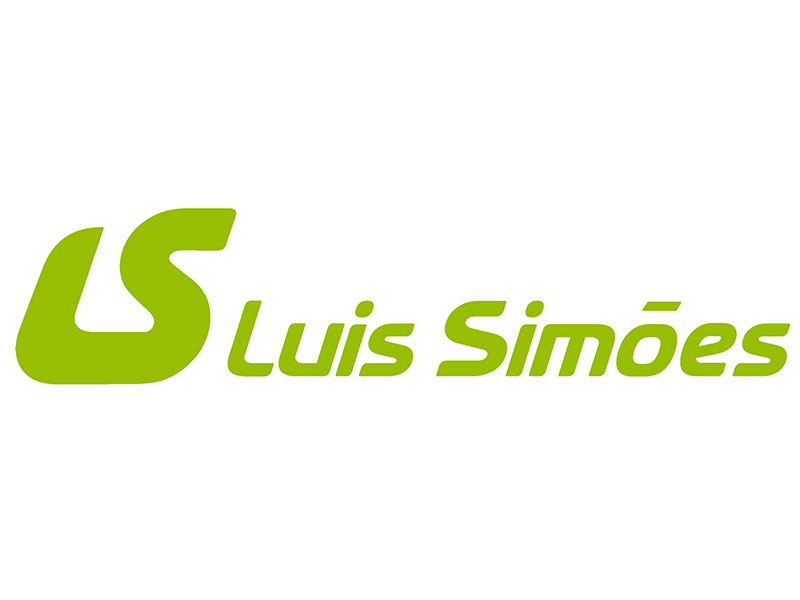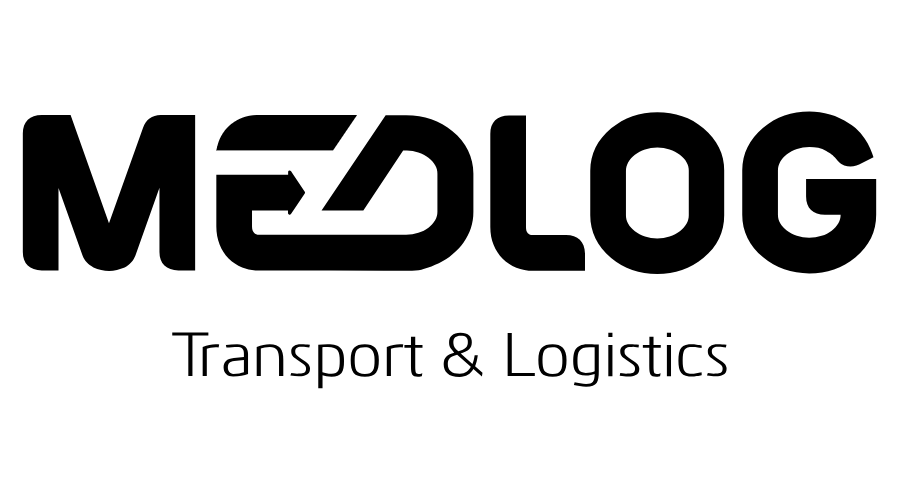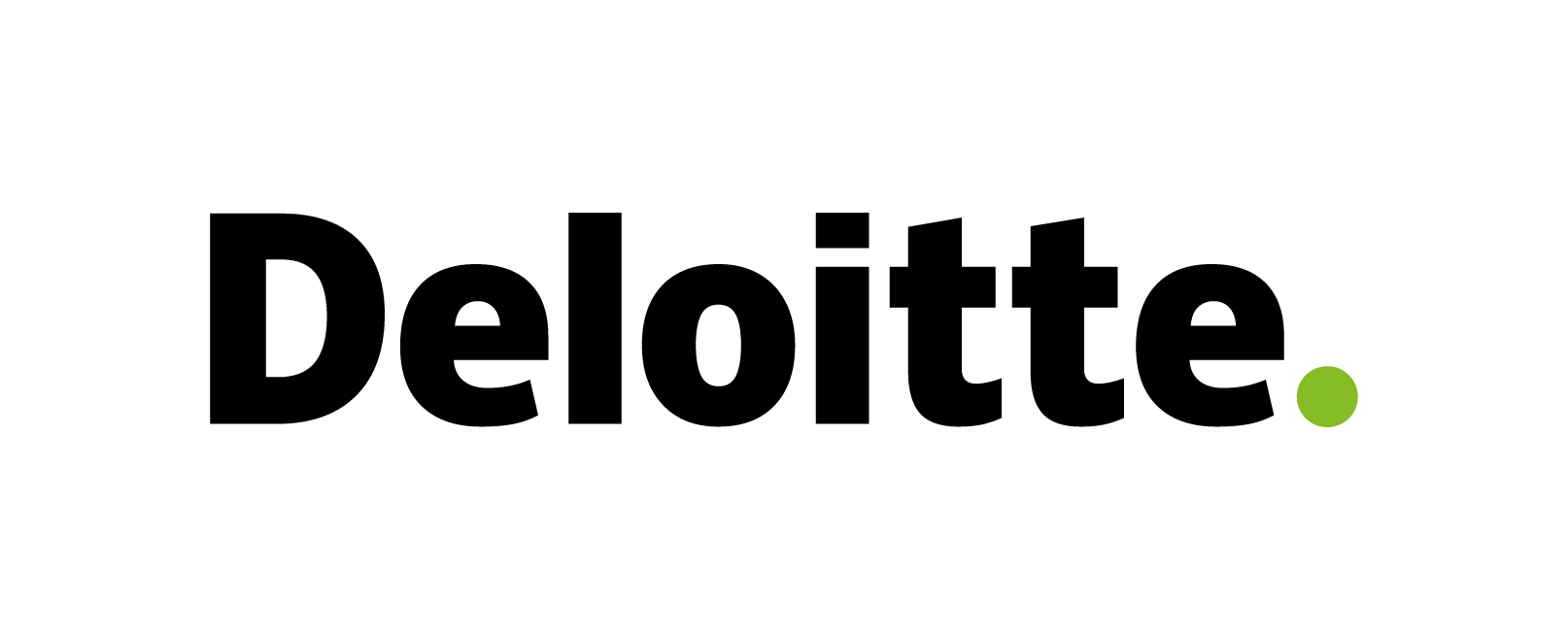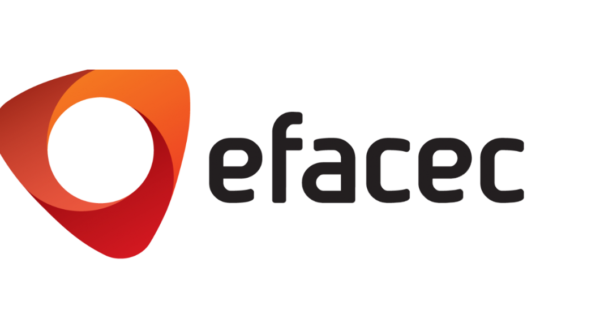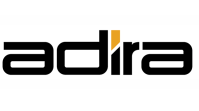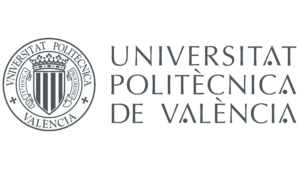
ABOUT THIS PROGRAMME

What is Informatics and Computing Engineering?
It is an area of engineering that addresses all aspects related to the conception, design, implementation and operation of computer systems and the integration of information and communication technologies (ICT) in organizational environments.

Who should apply?
To students with basic education (bachelor) in Informatics and Computing Engineering, Computer Science or similar area, who wish to deepen and specialize their knowledge in areas such as: Software Engineering; Artificial Intelligence; Interaction and Multimedia; Information Systems; Cybersecurity; Computer Architecture, Operating Systems and Networks; Programming Science and Technology; Quantitative Methods and Management.
GENERIC OBJECTIVES
MEIC’s primary objective is to promote the qualification of its graduates in recent developments and advanced aspects of Informatics Engineering (EI), with application to the conception, design, implementation and operation of computer systems and the integration of ICT in organizational environments, thus enabling its graduates to perform high responsibility roles and leadership roles in complex, innovative and multidisciplinary contexts, or to pursue a PhD.
To this end, it offers an education combining:
- common education on the most recent developments in the major scientific and technical areas of EI;
- specialized education in advanced EI topics of interest to each student by choosing optional UCs;
- flexible education in complementary aspects in Management and Transversal Skills.
The study cycle comprises 40.5 ECTS of compulsory UCs, 49.5 ECTS of optional UCs and 30 ECTS of Dissertation.
LEARNING OBJECTIVES
The learning objectives include:
- In general, acquire with the necessary proficiency knowledge of engineering sciences and technologies in the ICT domain, as well as management skills and personal, professional and interpersonal skills and attitudes, and be able to use them to solve, anticipate and prevent complex problems in the ICT domain and to conceive, design, implement and operate complex ICT-based systems in social and business contexts.
- More specifically, be able to perform the professional roles indicated in the European ICT Professional Role Profiles which require competences at level e-4 (master) of the European e-Competence Framework, (e.g., Devops Expert, Data Scientist, Cyber Security Specialist, Solution Designer, etc.), including roles of high responsibility in complex innovation-focused contexts and leadership roles in multidisciplinary projects in the ICT domain.
ACCREDITATION
This study programme is accredited by the Higher Education Assessment and Accreditation Agency (A3ES).
DIPLOMA
This study cycle (MEIC) results from the transformation of the former Integrated Master in Informatics and Computing Engineering (MIEIC) of FEUP into two independent study cycles, in order to comply with article 19 of Decree-Law No. 65/2018 of 16 August, LiEIC being the 1st and M.EIC the 2nd of these cycles. Given the success and market recognition of the previous integrated study cycle, the constant technological and scientific evolution in the area, and the evolution of pedagogical practices and technologies, several strengths of the previous integrated study cycle have been preserved and a number of updates and improvements have been introduced in the design of the new study cycle.
This study cycle consists of:
- a non-degree-awarding master’s course in Informatics and Computing Engineering, consisting of an organized set of course units (UCs) corresponding to 90 ECTS credits. The possibility of awarding the diploma will only occur in the 2nd year.
- an original scientific dissertation specifically conceived for this purpose, corresponding to 30 of the 120 ECTS credits in the study cycle; the defense of the dissertation in public examination will allow obtaining the master degree in Informatics and Computing Engineering.
The curricular units offered in the curricular component are organized in the following scientific areas:
- 7 core areas of Informatics and Computing Engineering: Computer Architecture, Operating Systems and Networks; Cybersecurity; Software Engineering; Artificial Intelligence; Interaction and Multimedia; Programming; Information Systems;
- 2 complementary areas: Quantitative Methods and Management; Personal Development/ Transversal/Transferable Skills;
- UCs classified in Multidisciplinary Themes, as they potentially cover all areas of Informatics and Computing Engineering.
Regarding mandatory and elective UCs, the curricular component comprises:
- a common core of mandatory UCs totaling 40.5 ECTS credits, with 5 UCs from different core areas plus two multidisciplinary UCs (Project Management Laboratory and Dissertation Planning);
- a set of free choice electives totaling 49.5 ECTS credits, including an option in “Transferable Skills” with 1.5 ECTS credits.
 Job Opportunities
Job Opportunities
Job opportunities related with the professional roles indicated in the European ICT Professional Role Profiles which require competences at level e-4 (master) of the European e-Competence Framework, (e.g., Devops Expert, Data Scientist, Cyber Security Specialist, Solution Designer, etc.), including roles of high responsibility in complex innovation-focused contexts and leadership roles in multidisciplinary projects in the ICT domain.
 Employability
Employability
This data is based on a FEUP Employement 2020 survey regarding students that completed MEIC in 2018/2019, 71% from a total of 122 students answered.
How long until students find the first job opportunity
BEFORE FINISHING
AFTER FINISHING
LESS THAN 3 MONTHS AFTER FINISHING
Correlation between job position and study area
FULLY RELATED
PARTIALLY RELATED
First Job in Portugal/Abroad
FIRST JOB – PORTO AND NORTH PORTUGAL
FIRST JOB – LISBON OR ABROAD

Videos

Partnerships with companies
There are a large number of dissertations carried out in a business environment, which end with an excellent assessment of the impact on the organization in terms of process improvement, increased productivity, and new ideas for products and services, associated with scientific contributions with great merit.
Companies, where students have done their dissertations in recent years, include:

Student Groups and Associations
It consists entirely of students from FEUP’s Informatics and Computing Engineering course. The main motivation is to gain experience and skills essential to the world of work, as well as cultivating the desire to learn languages and new technologies with colleagues.
Group of students, mostly from FEUP’s informatics engineering department, with interests in Computer Graphics, Interaction, Game Development and Multimedia.
Comprised of students from the University of Porto and members of the IEEE, including a chapter of the IEEE Computer Society.
Network of former students of Informatics Engineering at FEUP, which seeks to bring the community closer and foster the connection between the course and the industry, through different initiatives.

5 reasons to choose the
MEIC at FEUP

High employability and integration in the labor market promoted by projects and dissertations in companies.

Flexible study plan, allowing the course to be adapted to the interests of each student.

Possibility of mobility at some of the most prestigious European universities.

Extensive practical experience covering not only technical skills, but also management skills, soft skills and entrepreneurship.

Faculty staff with extensive experience and strong research and interaction with the industry.

TESTIMONIALS

Director and Scientific Committee

RUI RODRIGUES
DIRECTOR
SCIENTIFIC COMMITTEE

ANDRÉ RESTIVO
SCIENTIFIC COMMITTEE
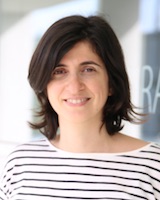
CARLA TEIXEIRA LOPES
SCIENTIFIC COMMITTEE

DANIEL CASTRO SILVA
SCIENTIFIC COMMITTEE

APPLICATIONS


APPLICATION FEES
55€


LANGUAGE
English


ACADEMIC YEAR
September – July


TUITION FEES
Check here


DURATION
2 years


APPLICATIONS
Fechadas/Closed


SCHEDULE
Daytime


CONTACT
Faculty of Engineering of the University of Porto
Informatics Engineering Department
Rua Dr. Roberto Frias, s/n
4200-465 Porto
M.EIC Secretariat
Office hours: Monday – Friday | 9:30am – 12:00am / 2:30pm – 5:30pm
Office number: I012 A
Email: secretariado.meic@fe.up.pt
Telephone: +351 22 0413903 |+351 22 5082134



